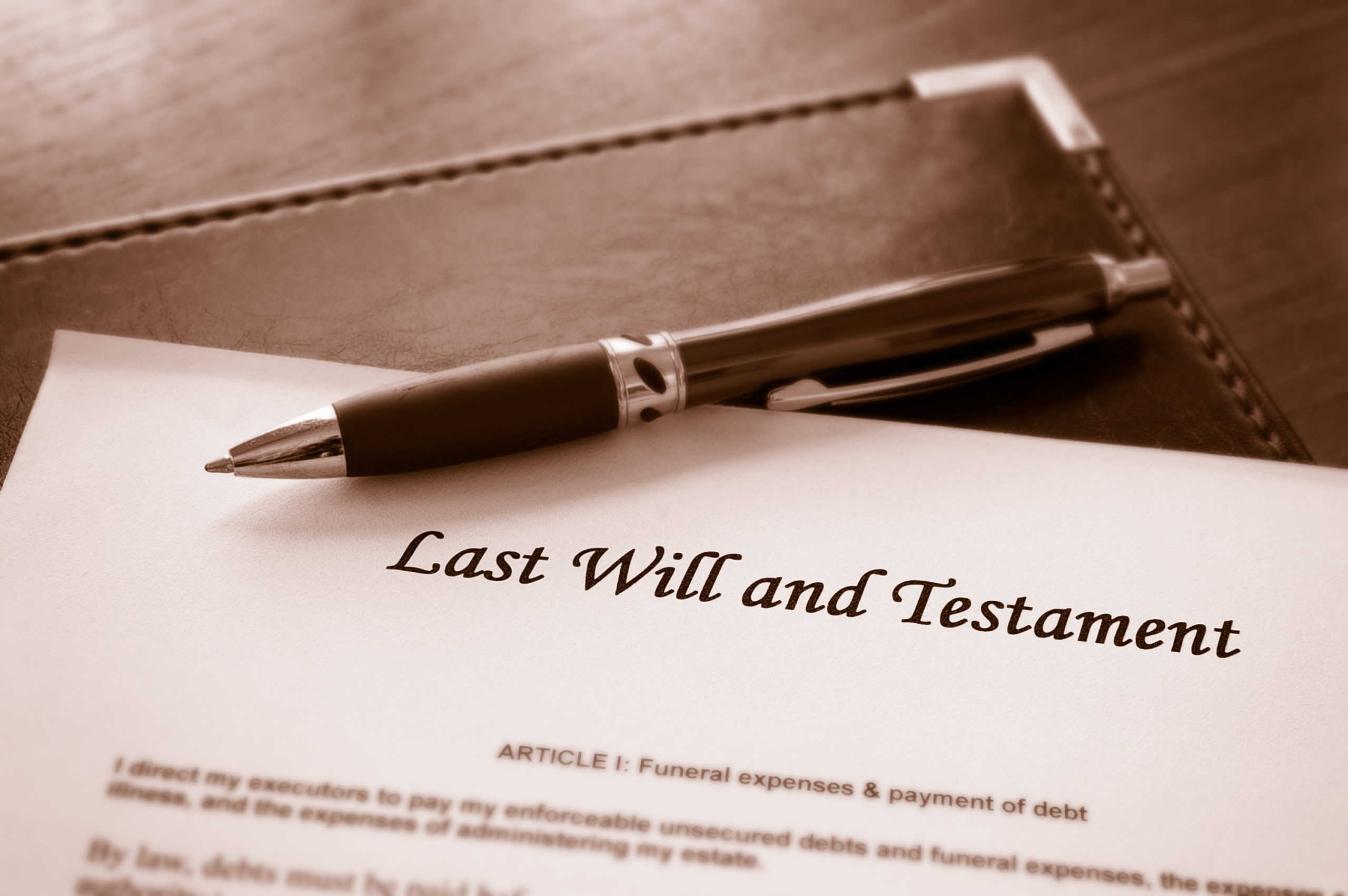Nicholas Kyriakoudes
Preparing your own will may seem appealing and cost effective, but there are significant risks with will kits and ‘home-made’ wills.
The importance of having a lawyer test capacity
For any testamentary document to have effect, the testator (or willmaker) must have legal capacity when executing the document. The classic test for capacity was outlined in the case of Banks v Goodfellow 1870. That case stipulates that, at the time the will is made, the testator must :
- understand what a will is for;
- understand what property they own;
- be able to remember all the people in their life that the community would generally regard as having a claim on the testator’s bounty (eg. spouse, children, other dependents); and
- not be suffering from a disorder of the mind which may affect their dispositions.
When a lawyer takes proper instructions from a client for the preparation of a will, the lawyer asks the client to answer all of the above independently and from the client’s own memory. The lawyer takes notes of those answers and the notes can be called on as evidence that the testator did have the relevant capacity at the time.
Generally, no such evidence will be available if the will was home made or ‘do-it-yourself’. If the will is challenged and if there is some question as to the testator’s capacity, the will may be set aside by a court as having been made by a testator lacking capacity.
The result can be that the testator dies without a will; or, some earlier will made by the testator may be declared the last will of the testator.
Additionally, there is a requirement in will making, that the testator is free from undue influence or fraud when executing their will. Where a lawyer witnesses a will, in addition to properly explaining the effects of the document, note can be taken of any parties who may attempt to override the freedom of the testator. As a practical matter, seeking a lawyer to explain and draft a will can help to ensure that the will is not executed by fraud or undue influence.
Whilst capacity in the majority of cases will not be an issue, having a lawyer present to explain a will to the testator has the additional advantage of allowing the testator to appreciate potential family provision claims that may be made on their estate (https://hansonslawyers.com.au/contested-will/). With the rise in the use of family provision claims it would be prudent to speak to one of our lawyers and gain advice if you are concerned about these claims.
Validity only with correct execution
When signing a will, the will itself needs to be signed by the testator and witnessed by at least 2 independent witnesses in accordance with the procedure under section 6 of the Succession Act 2006 (NSW). If an “interested witness” signs the will, that being a person who is to receive a benefit under the will, any gift to that witness will be void and result in a partial intestacy (s 10(2) Succession Act 2006 (NSW)). The gift that the beneficiary would have received will not be controlled by the testator’s wishes and cannot pass to the interested witness (unless it does so by the application of the intestacy rules). Given the temptation that a testator may wish to have a beneficiary sign their will as a witness, it is safest to execute the will after advice from a lawyer so that a gift to a beneficiary is not unintentionally defeated. Typically, our lawyers witness wills in our office which avoids complications associated with interested witnesses and proper attestation.
Risks with interpretation
Other complications can arise in relation to drafting and interpretation. It is critical that the terms of a will are not confusing or ambiguous and that the intended beneficiaries and their shares are very clearly expressed. Such issues often arise when a will has not been professionally prepared. What happens for example to the share of a beneficiary who dies before the testator? How are all the other gifts affected? Sorting out disputes that result from unclear drafting can be time consuming and costly and will usually leave someone with disappointment.
If you require a new will or to make changes to an old will please contact Hansons Lawyers on 42 222 666 or by email at hansons@hansonslawyers.com.au

